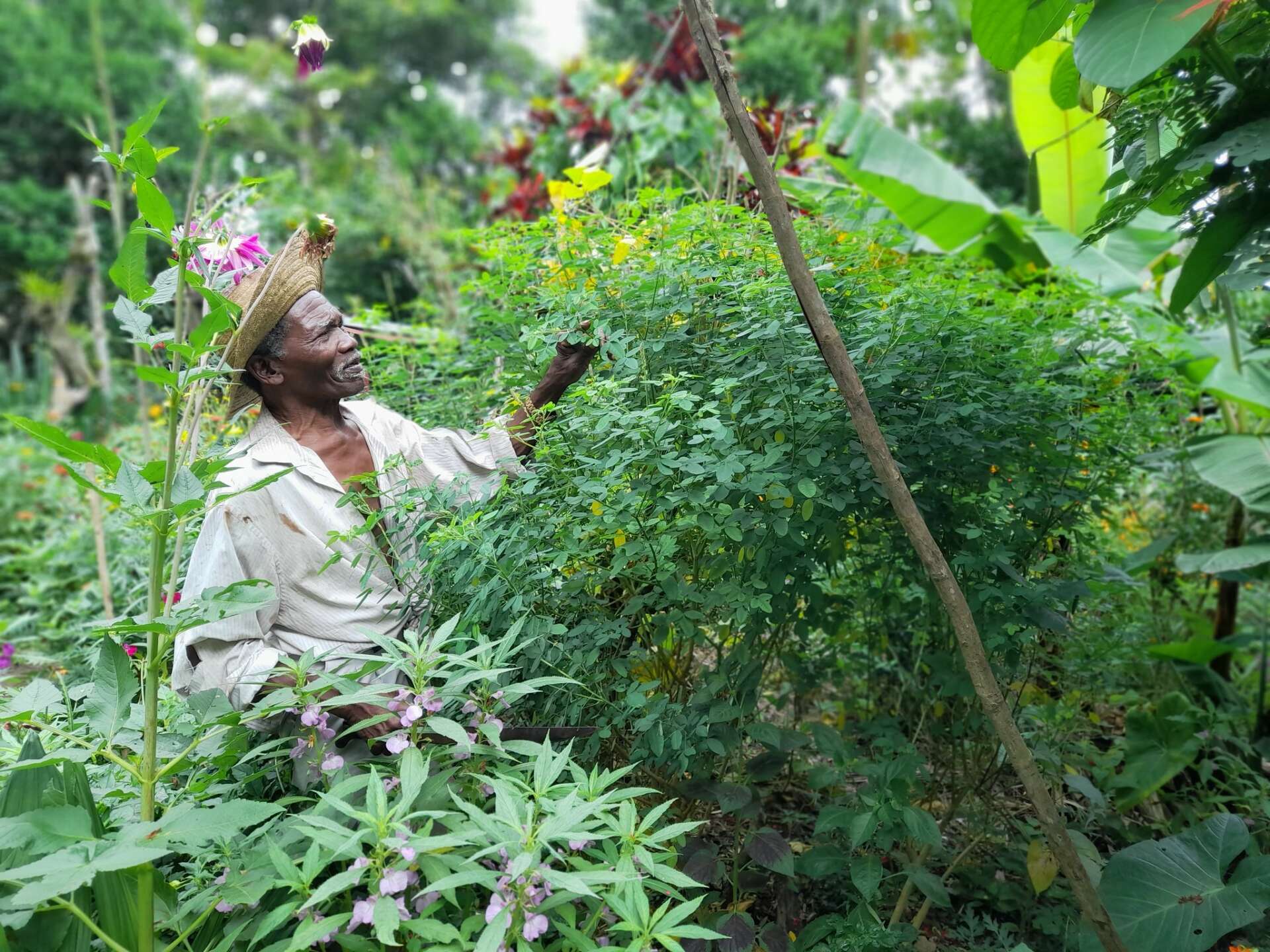We recently connected with Sustainable Harvest International and have shared our conversation below.
Hi Sustainable Harvest, thanks for joining us today. Alright – so having the idea is one thing, but going from idea to execution is where countless people drop the ball. Can you talk to us about your journey from idea to execution?
It all started in the early 1990’s. Florence Reed was serving as an agroforestry Peace Corps volunteer in Panama.
During her service, she witnessed the tragic human component of tropical deforestation: huge swaths of lush tropical forests being burnt to a crisp as desperate farmers sought new land to farm. To make matters worse, the new land only provided enough nutrients for several years before more forest had to be burned down. Reed knew that the farmers recognized the catastrophic impacts of slash-and-burn agriculture, but they didn’t see any other way to provide for their families.
Through living, eating, and working alongside these farmers, Reed realized that practical training in more sustainable agricultural methods could provide them with a way to better provide for their families while protecting and restoring their precious ecosystems. Driven to find an alternative to slash-and-burn, Reed did extensive research on sustainable alternatives during her Peace Corps tenure, training farmers on new techniques and tools. Together, they met with considerable success. As a Peace Corps Volunteer, however, the time Reed had to train farmers on sustainable agriculture and agroforestry was limited. It was through this experience that Reed saw the need to create a multi-year program that would give farmers ample time to learn, experiment, adjust, and adopt these new practices.
Moved by the power of these sustainable techniques and how they met the expressed needs of the farmers and the environment, Reed sought to build upon this tremendous potential to create significant and lasting change throughout Central America. Investing in infrastructure, funds, staffing, and ensuring buy-in from local communities were a crucial part of the start-up process.
Now, 26 years later, Sustainable Harvest International is an environmental organization with programs in Belize, Honduras, and Panama, and Florence continues to be a key part of the organization.
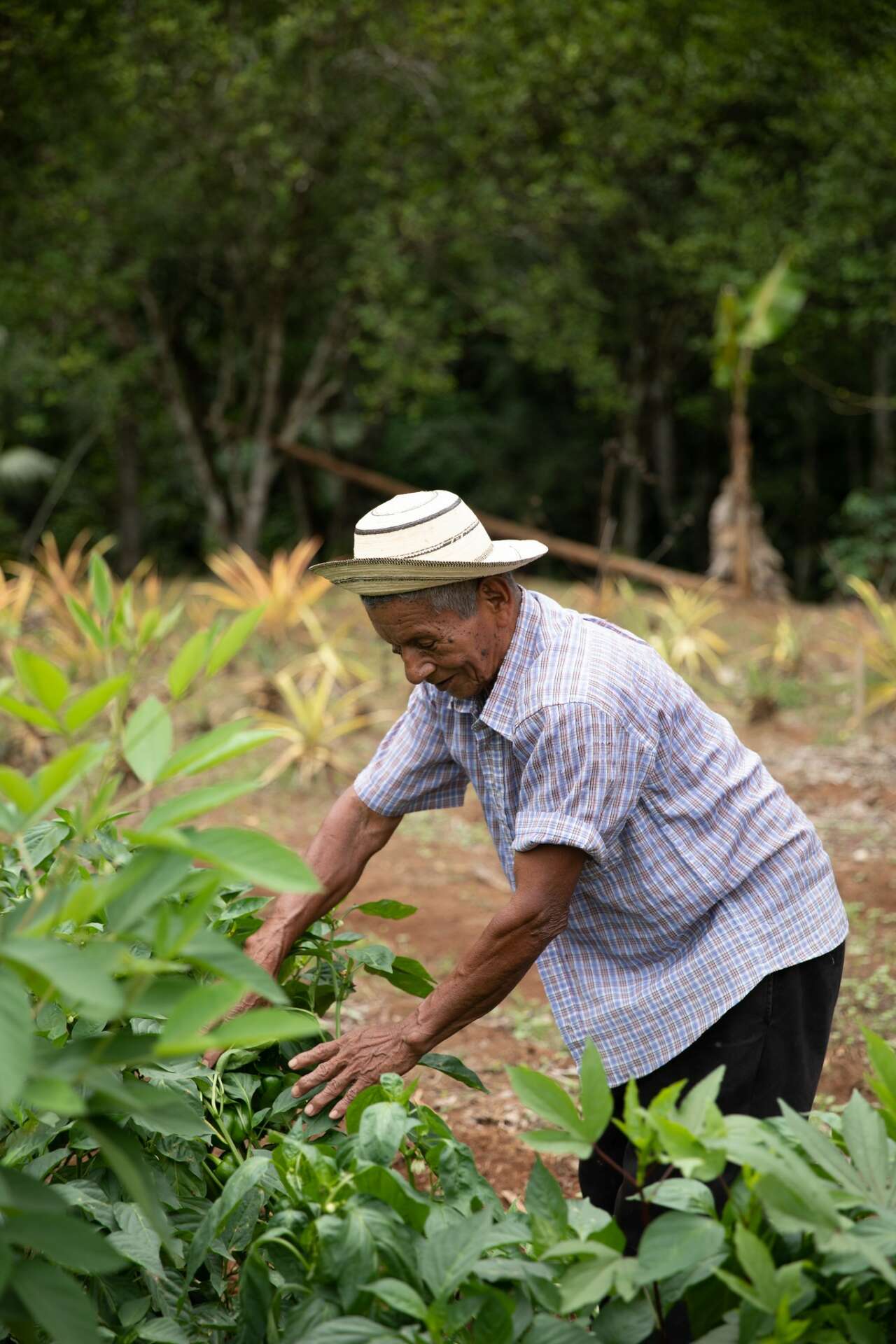
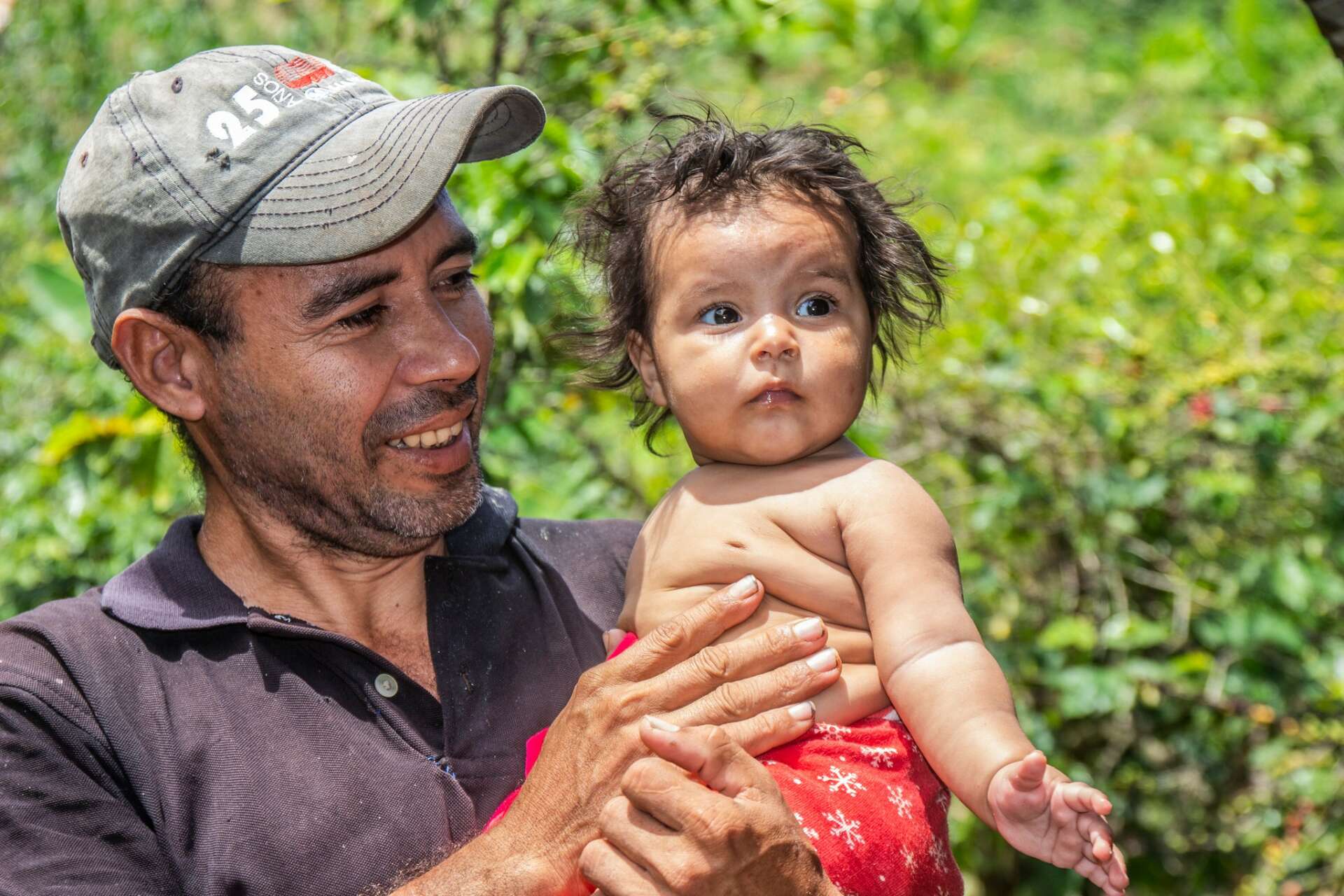
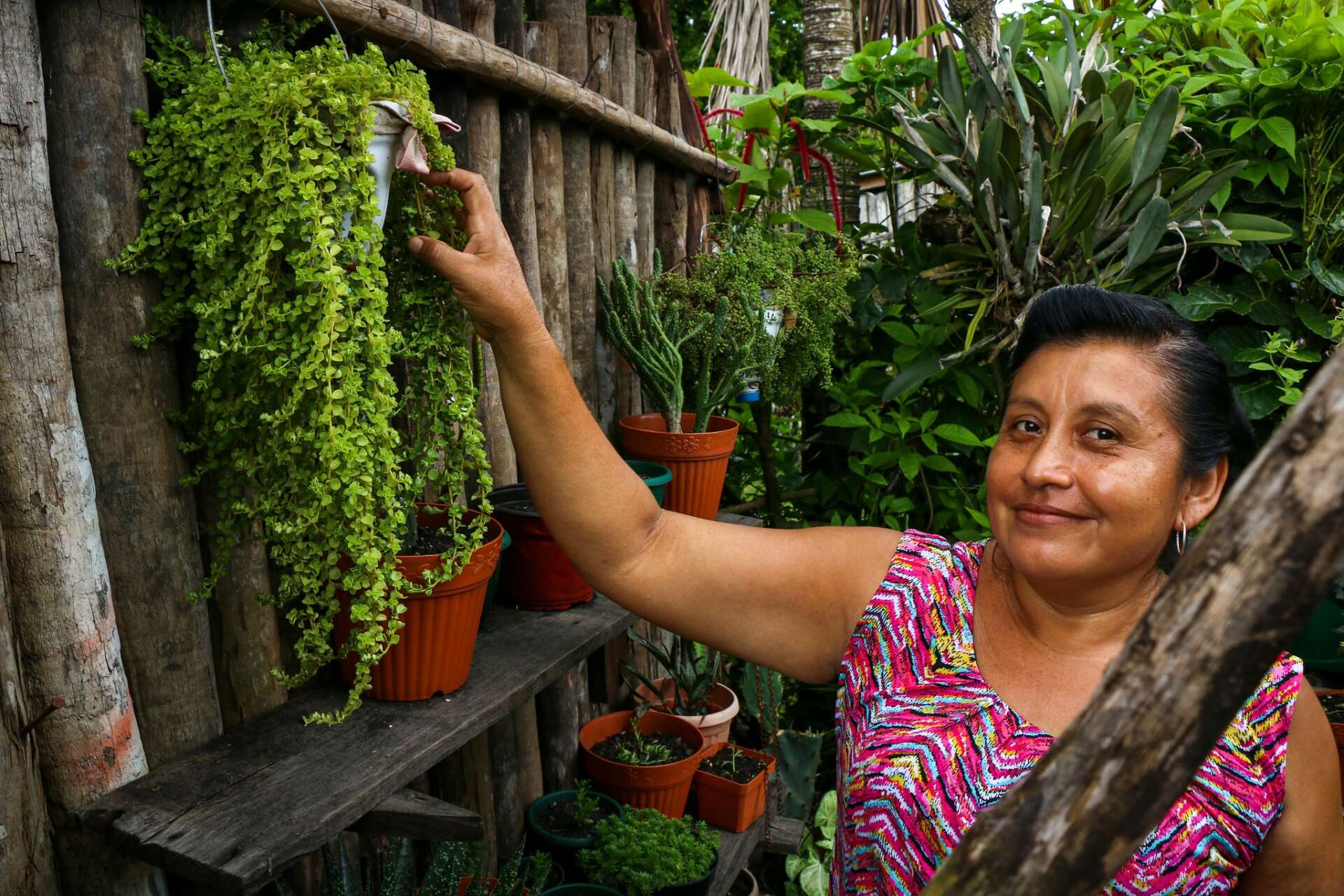
Awesome – so before we get into the rest of our questions, can you briefly introduce yourself to our readers.
Since 1997, Sustainable Harvest International has worked with over 3,000 families and planted more than 4 million trees. Our photos and videos that illustrate this work inspire people to get involved in environmental initiatives and recognize the links between people and planet health.
Throughout our program, family farmers learn regenerative agriculture techniques and small business training. Our partner farmers improve their livelihoods and the well-being of their families by combining agriculture with business. We are addressing multiple issues at once including climate change, biodiversity loss, and rural poverty. Our regional programs create lasting environmental and economic change.
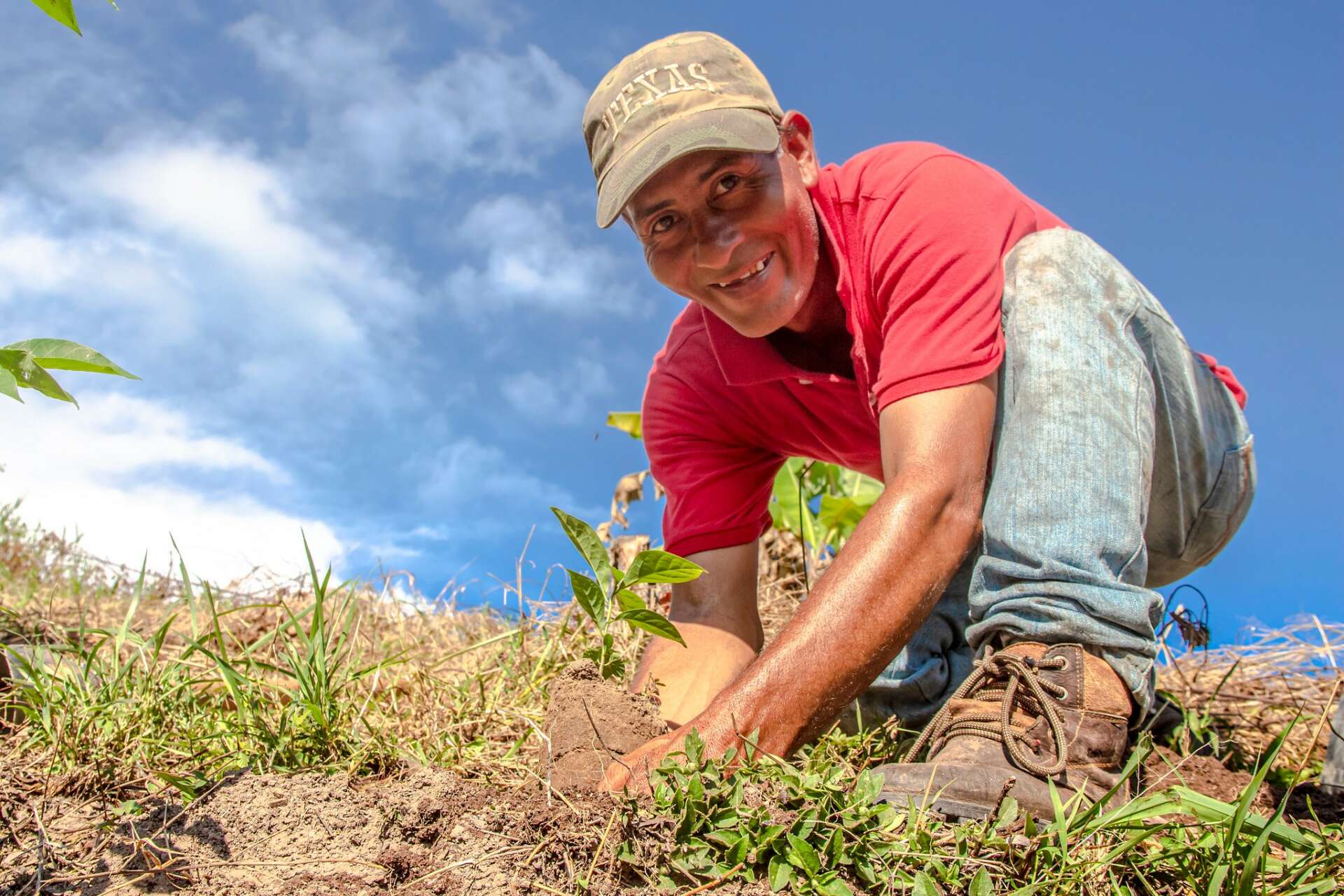
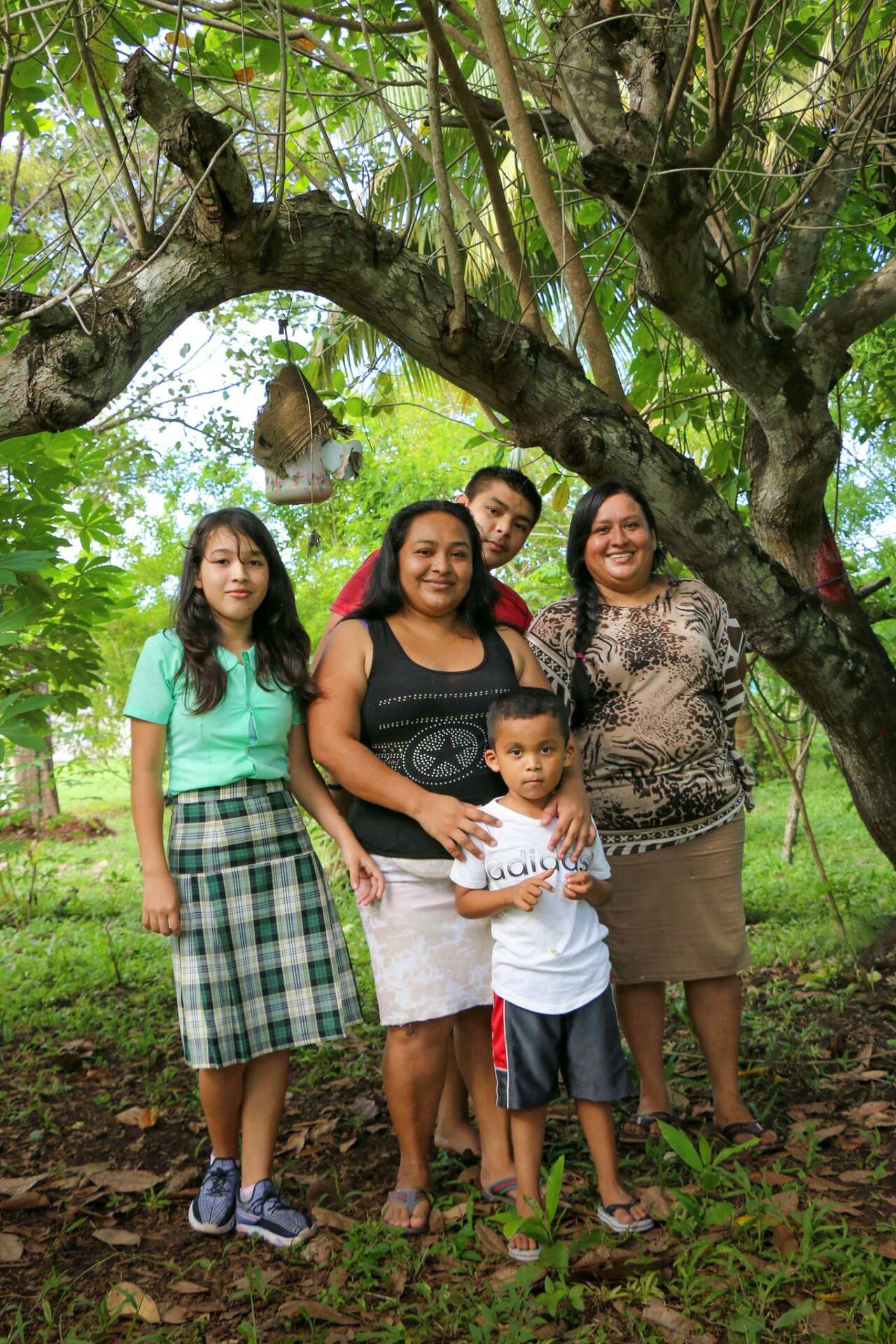
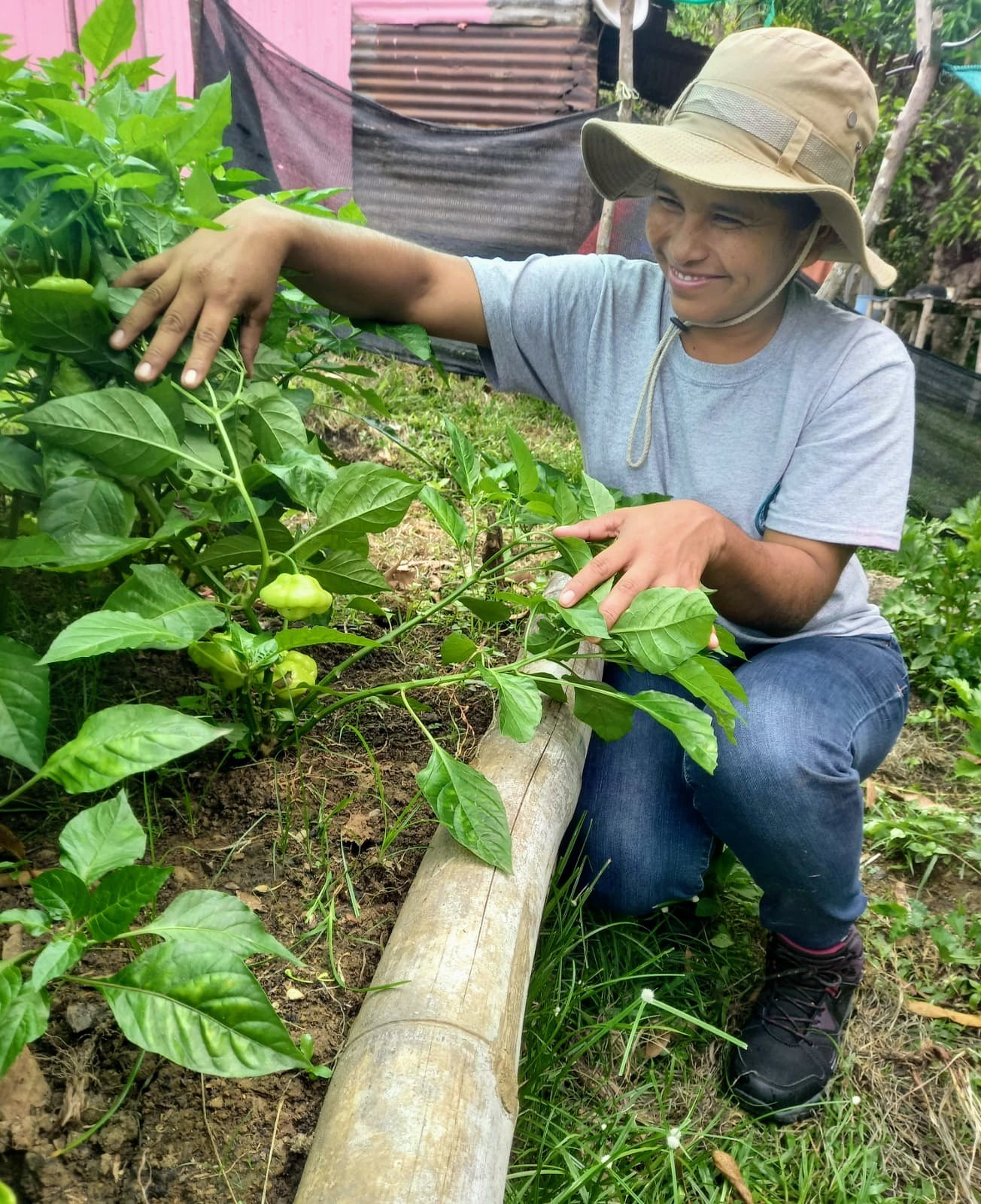
Can you share a story from your journey that illustrates your resilience?
Before Sustainable Harvest International became a successful environmental organization, our founder Florence Reed did much of the brainstorming in a spare bedroom her parents donated for use as her first office space.
But Florence couldn’t start an organization without financial resources. After one lucky boat ride, Dieter Marmet wired $6,000 to start hew new nonprofit. She later wired half of the money to a pilot program in Honduras.
After cultivating a relationship with concerned university professors, small business owners, teachers, and non-profit executives, Sustainable Harvest International was founded in 1997, complete with a Board of Directors, three employees, and 50 participant families in one Honduras.
Florence’s goals took time, care, and relationship-building. She first visited potential communities and organizations doing similar work. She wanted to ensure that rural farmers were 100% invested. She was dedicated grassroots efforts because, from experience, she knew it is the longest lasting.
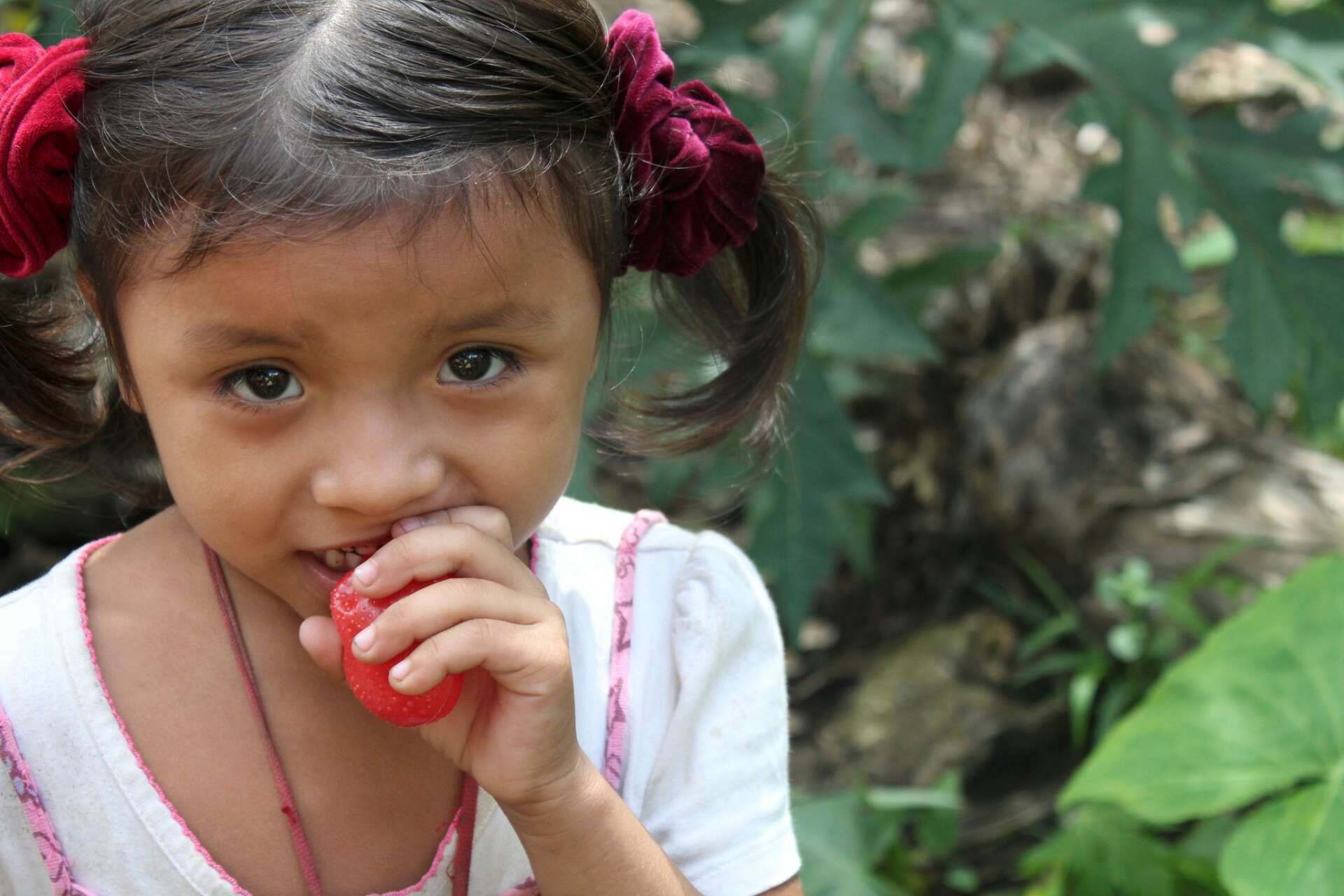
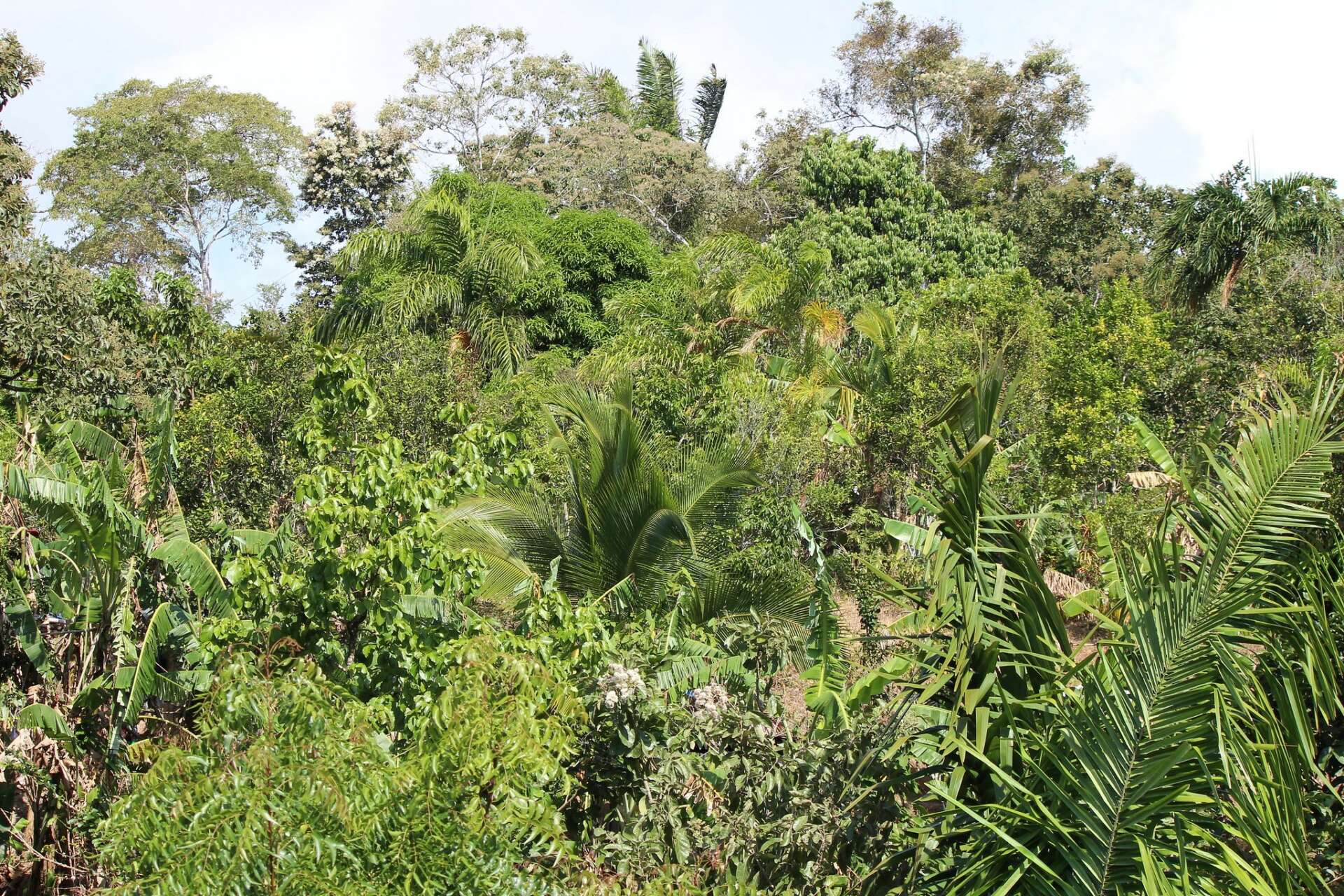
Is there a particular goal or mission driving your creative journey?
More than half of the world’s tropical forests are already gone and we are losing the other half at the rate of one acre every second. As a result, more than half the species of plants and animals in the world are disappearing, along with carbon stores, which stabilize the climate.
30-40% of deforestation is the result of small scale farmers. Every day, subsistence farmers are unable to provide their families with the modest food and income they need to survive. Lacking access to formal education and unaware of any other way, farmers continue to rely on slash-and-burn agriculture.
3.1 billion people in the developing world live in poverty, and 70% of those going hungry live in rural areas where land is available for farming.
Sustainable Harvest International was built on the idea that environmental degradation and rural poverty are linked. That’s why the solution must also be linked.
Contact Info:
- Website: https://www.sustainableharvest.org/
- Instagram: https://www.instagram.com/sustainableharvestintl/
- Facebook: https://www.facebook.com/SustainableHarvestInternational
- Linkedin: https://www.linkedin.com/company/sustainable-harvest-international/
- Youtube: https://www.youtube.com/@SustainableHarvestIntl
Image Credits
Sustainable Harvest International


